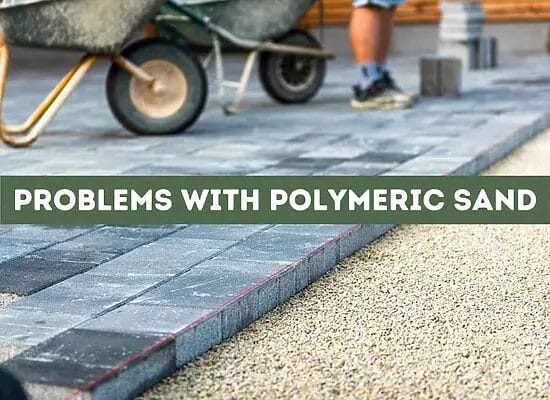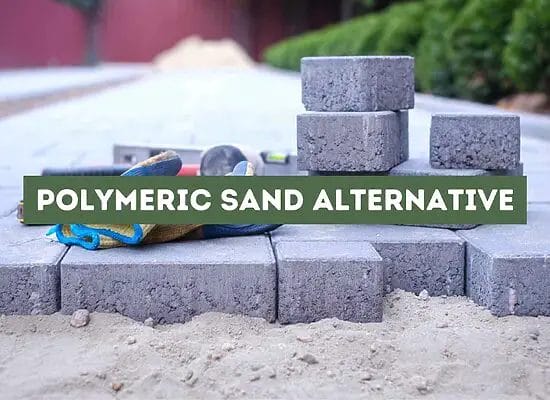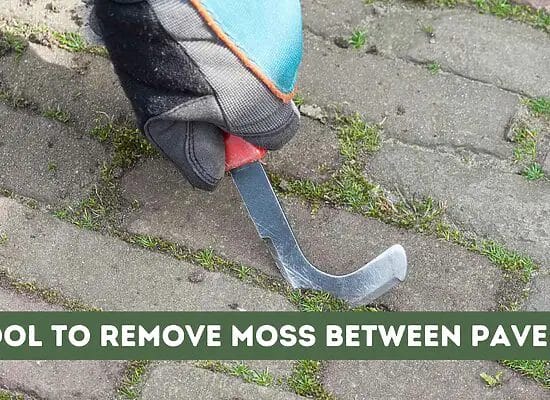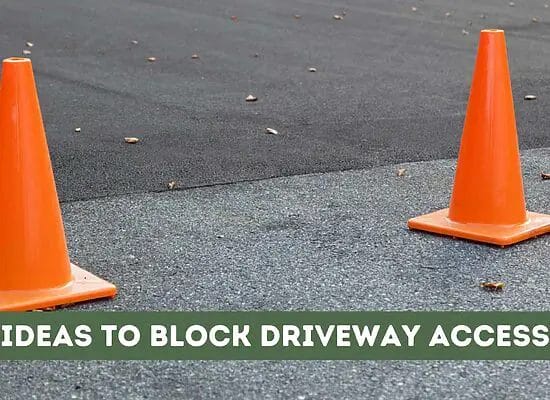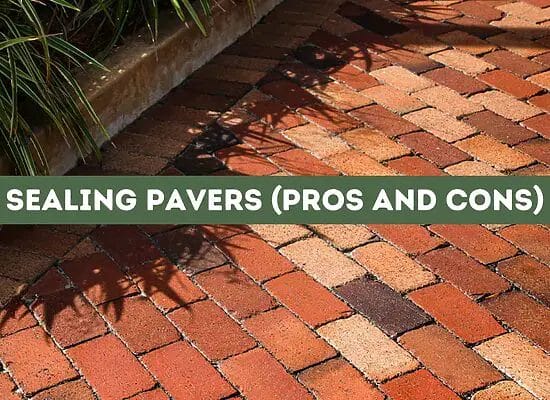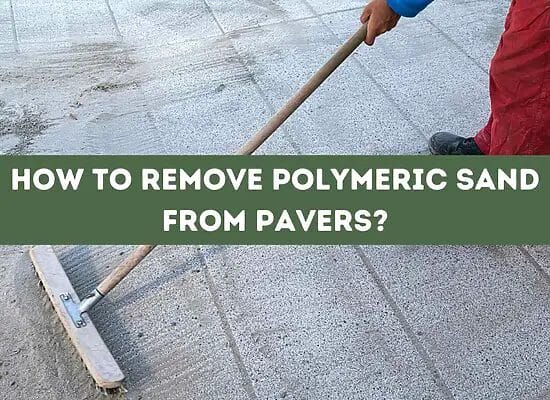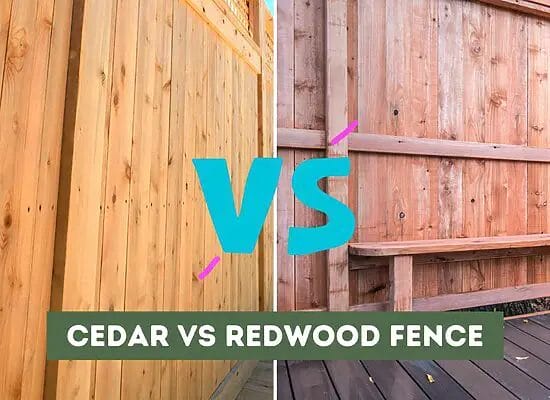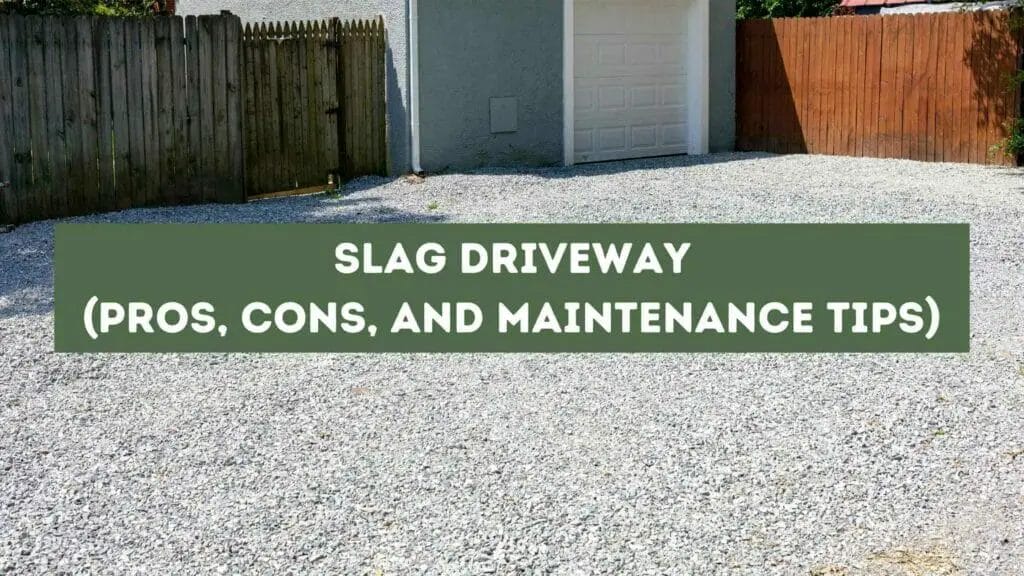
If you’re looking for a durable and cost-effective solution for your home driveway, slag might be the answer. Slag is a byproduct of steel production and has similar properties to granite or basalt. It’s a compact material that can withstand the weight of different vehicles for years.
Using slag in your driveway can enhance its stability, resilience, and tensile strength. It also increases the driveway’s resistance to moisture damage and deformation. Plus, it drains well and doesn’t keep dust or dirt. However, a slag driveway has pros and cons, and it’s important to weigh them before deciding.
Below, we’ll explore the advantages and disadvantages of slag driveways and provide tips on installing and maintaining them.
Key takeaways:
- Slag is a byproduct of steel production and has similar properties to granite or basalt.
- Slag driveways enhance stability, resilience, and tensile strength while increasing resistance to moisture damage and deformation.
- Slag driveways are cost-effective, durable, low-maintenance, and environmentally friendly.
- The installation process involves preparing the site, laying a base layer of crushed stone, spreading the slag, and compacting it.
- Maintenance tips for slag driveways include removing debris, filling in cracks, and avoiding heavy machinery.
- Slag driveways can be compared to other driveway materials such as asphalt, gravel, concrete, and soil and crush driveways.
- Slag driveways are aesthetically pleasing, can be customized to fit different landscapes, and are durable with minimal maintenance requirements.
Understanding Slag Driveways
If you are considering a new driveway, you might want to consider a slag driveway. Slag is a byproduct of smelting, and it is a low-cost alternative to other materials like concrete and asphalt. Here’s what you need to know about slag driveways.
What is Slag?
Slag is a byproduct of steel production. It is created when impurities are removed from molten steel. The resulting material is a hard and durable substance that is similar in texture to crushed stone.
Benefits of a Slag Driveway
There are several benefits to using slag for your driveway. Here are a few:
- Cost-effective: Slag is an affordable material that can save you money on your driveway installation.
- Durability: Slag is a hard and durable material that can withstand heavy traffic.
- Low maintenance: Slag driveways require little maintenance, and they do not need to be sealed like asphalt driveways.
- Environmentally friendly: Using slag for your driveway is an eco-friendly choice because it is a recycled material.
How to Install a Slag Driveway
Installing a slag driveway is a relatively simple process. Here are the steps:
- Prepare the site: Clear the area where the driveway will be installed. Make sure the ground is level and compacted.
- Lay the base: Lay a layer of crushed stone as a base for the slag.
- Spread the slag: Spread the slag evenly over the base layer.
- Compact the slag: Use a roller or compactor to compact the slag and create a smooth surface.
Tips for Maintaining a Slag Driveway
To keep your slag driveway in good condition, follow these tips:
- Remove debris: Regularly remove leaves, dirt, and other debris from your driveway.
- Fill in cracks: If you notice any cracks in your driveway, fill them in with slag or another filler material.
- Avoid heavy machinery: Do not park heavy machinery on your slag driveway, as it can cause damage to the surface.
Materials Comparison
When it comes to choosing the right material for your driveway, there are several options available. Each material has its own pros and cons, which you should consider before making a decision. In this section, we will compare slag driveways to other popular driveway materials like asphalt, gravel, and concrete.
Asphalt Driveways
Asphalt driveways are a popular choice for homeowners due to their affordability and durability. They are made by mixing asphalt cement with aggregate materials like sand and gravel. While asphalt driveways are relatively easy to install, they require regular maintenance to prevent cracks and potholes from forming. Additionally, asphalt driveways are not very eco-friendly since they are made from petroleum-based materials.
Gravel Driveways
Gravel driveways are another affordable option for homeowners. They are made by spreading crushed rock or gravel on top of a compacted base. Gravel driveways are easy to install, but they require regular maintenance to prevent erosion and potholes from forming. They are also not very durable and may need to be replaced every few years.
Concrete Driveways
Concrete driveways are a popular choice for homeowners due to their durability and low maintenance requirements. They are made by mixing cement with water and aggregate materials like sand and gravel. While concrete driveways are more expensive than other options, they can last up to 30 years with proper maintenance. However, concrete driveways are not very eco-friendly since they require a lot of energy to produce.
Soil and Crush
Soil and crush driveways are the most eco-friendly option since they are made from natural materials. They are created by spreading a layer of crushed stone or gravel on top of a compacted base. While they are affordable and easy to install, they are not very durable and may need to be replaced every few years.
Slag Driveways
Slag driveways are a low-cost alternative to other materials like concrete and asphalt. They are made from steel byproducts and have similar properties to granite or basalt. Slag driveways are durable and can withstand heavy vehicles for years. They are also eco-friendly since they are made from recycled materials. However, they may not be suitable for areas with extreme temperatures since they can crack in freezing conditions.
Construction and Installation
Constructing and installing a slag driveway is a straightforward process that requires some planning and preparation. Here are the steps you need to follow to install a slag driveway:
- Preparation: Before you start constructing the driveway, you need to measure the area and calculate the amount of slag you will need. You can use landscape stakes and string to mark the area and ensure that it is level.
- Foundation: The foundation of the driveway is crucial to ensure that it is durable and long-lasting. A good foundation should be at least 6 inches (15.24 cm) deep and made of compacted gravel, crusher run, or crushed concrete.
- Stabilization: To prevent the slag from shifting and moving, you should consider adding a stabilizing agent such as cement or lime. This will help to bind the slag particles together and create a solid surface.
- Spreading: Once the foundation is in place, you can start spreading the slag evenly over the surface. Make sure that you spread the slag to the desired thickness and use a rake to level the surface.
- Cover: After the slag is spread, you should cover it with a layer of gravel or soil to protect it from erosion and weathering. This will also help to improve the appearance of the driveway.
- Installation: To install a slag driveway, you will need a shovel, a wheelbarrow, and some basic construction tools. You can install the driveway yourself, or you can hire a professional to do it for you.
Some tips to keep in mind when installing a slag driveway include:
- Make sure that the area is well-drained to prevent water from pooling on the surface.
- Use a compacting machine to ensure that the foundation is solid and level.
- Consider using a geotextile fabric to prevent weeds from growing through the slag.
- Regularly maintain the driveway by filling in any cracks or holes and removing any debris or leaves.
Cost Analysis
When it comes to choosing a driveway material, cost is a major factor to consider. Fortunately, a slag driveway is a cost-effective option that can save you money in the long run.
Compared to other materials, such as gravel or rock, the cost of slag is relatively affordable. The cost per ton of slag is typically around $35 to $50, which makes it cheaper than many other driveway materials. Additionally, labor costs for installing a slag driveway are typically lower than other materials, such as concrete or asphalt.
The cost of a slag driveway can vary depending on the size of your driveway. For example, a 1-car driveway can cost around $350 to $500, while a 2-car driveway can cost around $700 to $1,000. However, these prices can vary depending on the labor costs in your area.
When comparing the cost of a slag driveway to other materials, it’s important to consider the cost per square foot. Driveway gravel prices usually fall between $1.25 and $1.80 per square foot, including basic installation. However, the cost of a slag driveway can be even lower, with prices typically falling between $0.50 and $1.50 per square foot.
To get an accurate idea of the cost of a slag driveway, it’s important to get quotes from multiple contractors. This will give you a better idea of the labor costs in your area and help you find the best deal.
In addition to being affordable, a slag driveway also requires minimal land clearing. Unlike other materials, such as concrete or asphalt, a slag driveway can be installed without removing existing vegetation. This can save you money on land clearing costs and help preserve the environment.
Aesthetics and Landscape Considerations
When it comes to choosing a driveway material, aesthetics, and landscape considerations are essential factors to keep in mind. Not only should your driveway be functional and durable, but it should also complement the overall look of your property. In this section, we will discuss how slag driveways can enhance the aesthetics of your landscape.
Slag driveways come in various shapes and sizes, making them an excellent choice for any landscape design. Whether you have a large or small property, a slag driveway can be customized to fit your needs. Additionally, the natural rock appearance of slag blends well with grass and topsoil, giving your driveway a seamless look.
One of the main advantages of slag driveways is their ability to accommodate vehicles of all sizes. Whether you have a small sedan or a large SUV, slag driveways can handle the weight and traffic. This durability makes them an excellent choice for both residential and commercial properties.
If you’re looking to enhance the aesthetics of your backyard, a slag driveway is an excellent option. The low-cost alternative is not only functional but also visually appealing. The natural rock appearance of slag complements any backyard design, making it a perfect choice for landscaping projects.
When it comes to landscape design, it’s essential to choose materials that complement the overall look of your property. Slag driveways are an excellent choice for those who want a low-cost alternative to granite or other high-end materials. The natural rock appearance of slag gives your driveway a unique look that is both practical and aesthetically pleasing.
Durability and Maintenance
When it comes to a driveway, durability is key. A slag driveway is a great option for those looking for a durable and low-maintenance solution. Slag is a byproduct of steel mills and has similar properties to crushed stone, granite, or basalt. It is compact and capable of withstanding different vehicles’ weights for years.
One of the benefits of a slag driveway is its resistance to fatigue, abrasion, cracking, and permeability. It is also a great option for areas with high traffic, as it can handle the weight of heavy vehicles without cracking or breaking.
To ensure the longevity of your slag driveway, it is important to properly prepare the base layer. The base layer should be compacted and leveled to provide a stable foundation for the slag. Proper drainage should also be considered to prevent mud holes and potholes from forming.
After the slag has been applied, it should be compacted with a heavy roller or compactor to harden and stabilize the surface. This will also help to prevent traction issues and provide a smooth surface for vehicles to drive on.
In terms of maintenance, a slag driveway is relatively low-maintenance compared to other options. It does not require seal coating or resurfacing and can be easily cleaned with a pressure washer or garden hose. However, it is important to address any drainage issues or potholes that may form to prevent further damage.
Environmental Impact
When considering a new driveway, it’s important to think about the environmental impact of your choice. A slag driveway is a great option for those looking for an eco-friendly solution that is also durable and long-lasting.
Slag is a byproduct of the steel-making process, and using it for a driveway means that it is being recycled and repurposed rather than ending up in a landfill. This reduces pollution and waste, making it a more sustainable choice for the environment.
Another benefit of slag driveways is that they are permeable, allowing water to filter through and reducing the risk of flooding. This is important for areas with heavy rainfall or where water runoff can cause damage to nearby rivers and streams.
When it comes to materials, slag is readily available and affordable, with options such as river rock and basalt to choose from. It can also be stabilized to create a more durable surface that will last for up to 10 years.
In terms of environmental impact, using slag for your driveway means that you are reducing the amount of waste that ends up in landfills and reducing the need for new materials to be extracted and processed. This, in turn, reduces pollution and conserves natural resources.
FAQ: Slag Driveway
Where can I find suppliers of slag for driveway?
You can find suppliers of slag for driveway by doing a quick online search. Many local home improvement stores and landscaping companies carry slag. You can also contact a local steel mill to see if they have any available for purchase.
What are the disadvantages of using steel slag for driveway?
One potential disadvantage of using steel slag for a driveway is that it can be rough on tires. Additionally, some people may not like the appearance of a slag driveway. However, slag is a low-cost alternative that conserves the environment and has higher strength and better adhesion than most materials.
Is slag gravel toxic for humans and pets?
No, slag gravel is not toxic for humans or pets. However, it is recommended that you wear gloves and a mask when handling slag to avoid skin irritation and inhaling dust particles.
How long can a slag driveway last compared to other materials?
A slag driveway can last up to 25 years with proper maintenance, making it a durable and long-lasting option. In comparison, a concrete driveway can last up to 30 years, while an asphalt driveway can last up to 20 years.
What is the difference between slag and crushed asphalt for driveway?
Slag is a byproduct of steel production, while crushed asphalt is made from recycled asphalt. Slag is typically more durable and has a better appearance than crushed asphalt. However, crushed asphalt is often more affordable.
Are there any alternatives to gravel that harden like concrete for driveway?
Yes, there are several alternatives to gravel that harden like concrete for a driveway. One option is permeable pavers, which allow water to drain through and prevent erosion. Another option is resin-bound gravel, which is a mixture of gravel and resin that forms a hard surface. Finally, there are also concrete overlays, which are a thin layer of concrete applied over an existing driveway.


